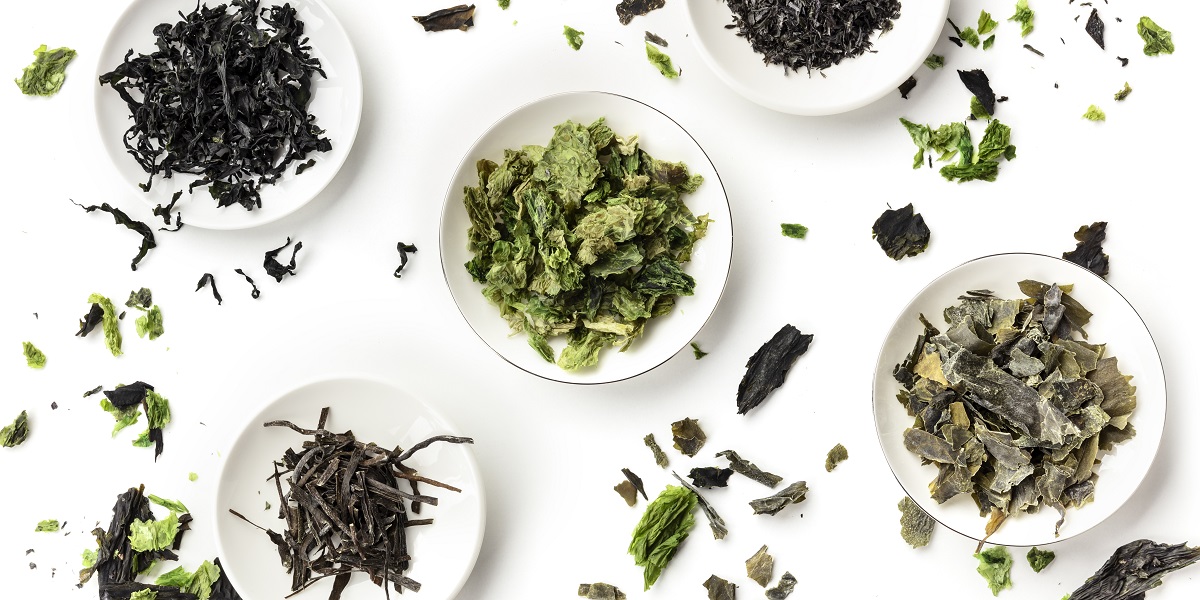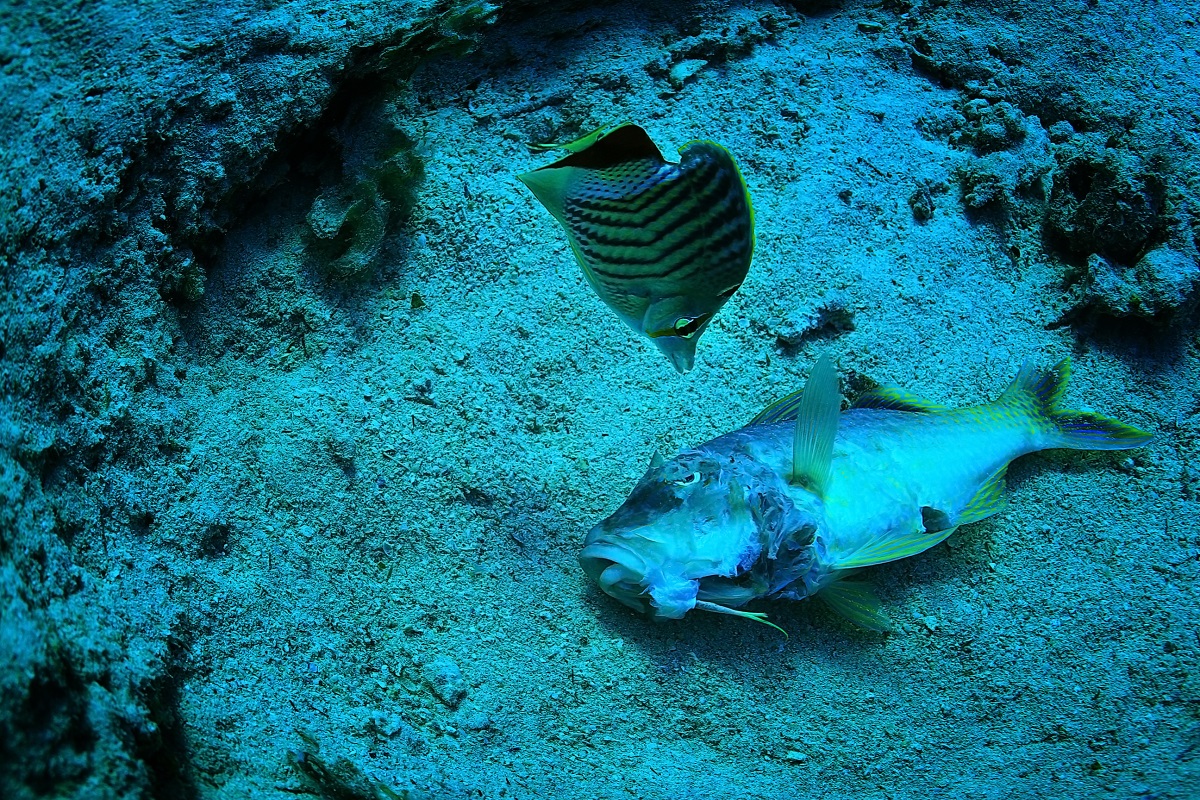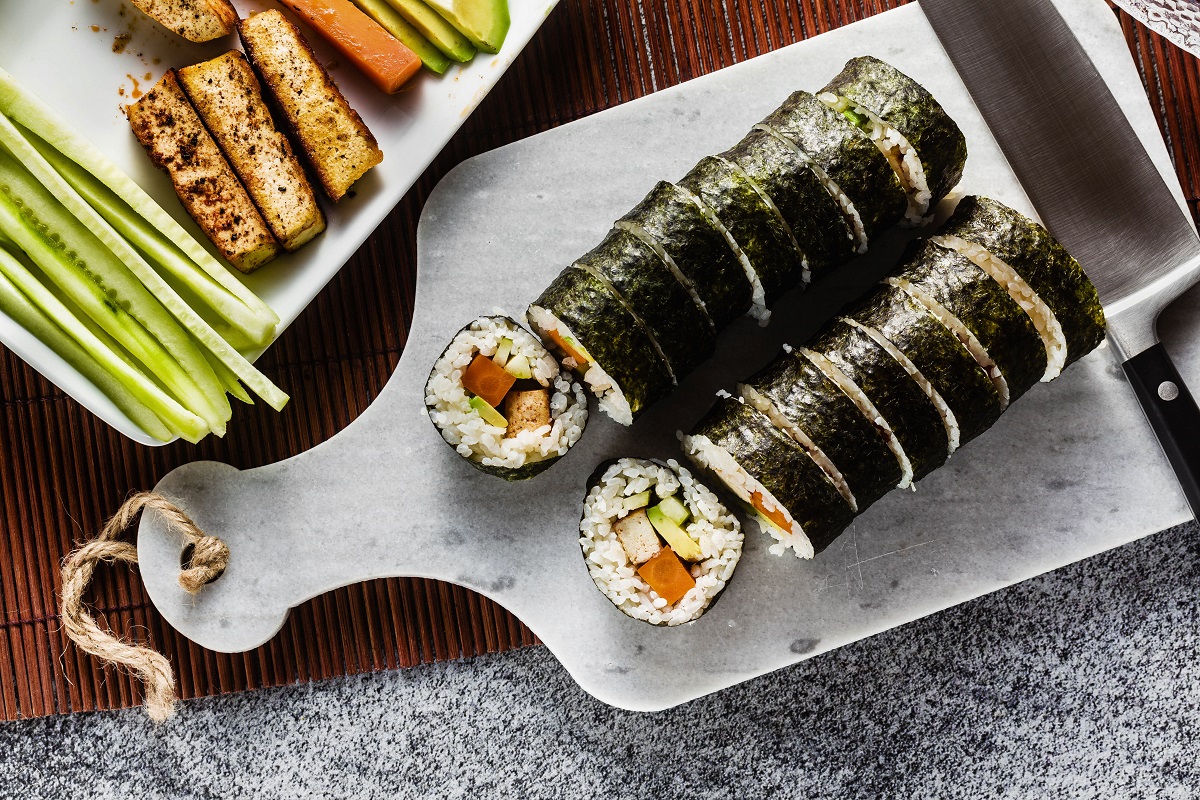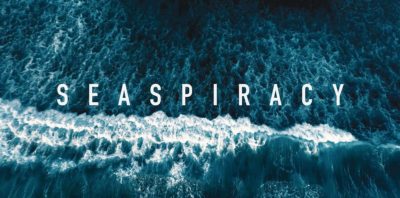We don’t need to eat fish to be healthy – here’s what to eat instead.

As people become more aware of destructive fish farming practices and fish sentience, many people are swearing off seafood for good.
Despite what we’ve been taught, fish isn’t the superfood it’s hailed to be and we can obtain the same essential nutrients from plant-based sources.
Here, we consider the downsides of eating fish, as well as the nutritional benefits of alternative plant foods like seaweed and microalgae.
Is fish really a Superfood?
Fish is often marketed as the ultimate “clean” superfood: It’s a great source of protein, it’s good for your brain and it keeps your heart healthy. Or so the ads tell us.
Fish meat is indeed rich in vitamin D, B12, iodine, and selenium and can be a healthier alternative to red meat because of its lower saturated fat content. However, there are numerous health concerns associated with eating fish, namely because of pollutants like methylmercury and polychlorinated biphenyls (PCBs).
Mercury, a highly toxic metal present in most seafood, can damage our central nervous systems when consumed in certain amounts. A 2019 study warned that as more ice thaws in the Arctic due to climate change, more mercury will be released into the environment. As well as this, PCBs are listed as “probable carcinogens”, with worrying potential for adverse health effects, including liver toxicity, immune system problems, and skin diseases.
Although we’re assured fish meat only contains low levels of these pollutants, some medical bodies still suggest those who are pregnant, breastfeeding, or planning a pregnancy should avoid many types of fish because they can cause developmental issues. Are these really the components we want in “clean” food?

So…what’s the alternative?
For most of us, fish is an option rather than a necessity and we can obtain the same important nutrients from plant sources without the high fat and cholesterol content.
In fact, omega-3 fatty acids don’t even originate in fish – they come from algae. If fish get them straight from the source, why don’t we?
There are thousands of species of algae and marine plants collectively known as seaweed, some of which have been eaten around Asia for thousands of years.
Although it may not sound appetizing at first, seaweed varieties such as Nori, Wakame, Kombu, Kelp, and Spirulina are surprisingly versatile.
As well as being featured in dishes like sushi and salads, seaweed can be used to make soups, smoothies, and much more. Explore our vegan seafood recipes to recreate fishy flavors without the cruelty.

Seaweed is a great alternative to eating fish, as it tends to be rich in iodine, B vitamins, iron, and vitamins A, C, and E. It’s also low in fat, making it a heart-healthy food too. Although there is a risk of ingesting too much iodine if you eat a lot of seaweed, the risk from average consumption is very low.
In addition, microalgae are a growing area of interest in the food industry and a 2017 study found that it’s a great source of essential fatty acids like EPA and DHA. Walnuts, edamame, flaxseeds, chia seeds, and hemp seeds are other vegan omega-3 sources, but the best and most reliable source is a supplement with EPA and DHA from microalgae.
The market for plant-based fish alternatives is booming more than ever before, with swaps for pretty much everything you can think of.
Most supermarkets offer fish-free products, from plant-based sushi to vegan caviar. Foods like seaweed and alternative fish products have the potential to preserve our overfished oceans, spare the lives of animals, and improve our health.
Why not leave sea life off your plate and try vegan? Sign up to choose fish-free and we’ll send you tons of free recipes and handy resources.








